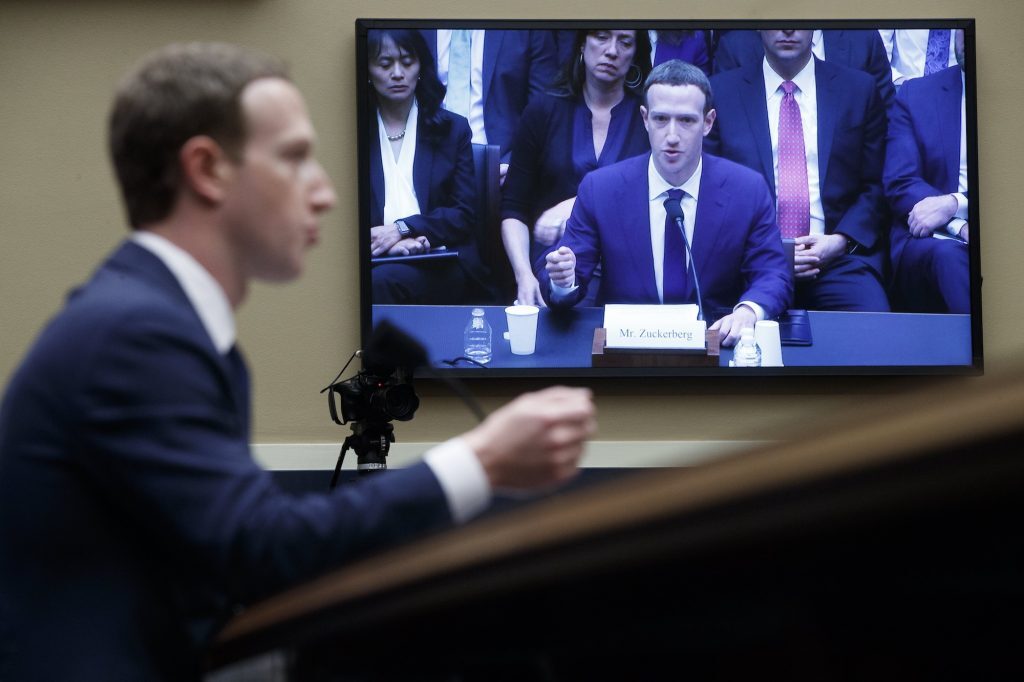Facebook intends to combine is messaging apps – WhatsApp, Messenger and Instagram – into a single backend so people can message across the various platforms.
While Facebook clearly believes it will make it easier for its users to communicate, the rest of the rational world is alarmed at its unprecedented monopoly of communication getting worse, and potentially compromising our data privacy even more.
The New York Times broke another huge story last week about Facebook’s plans to integrate the three services, which serve an estimated 2.6bn people.
“The move has the potential to redefine how billions of people use the apps to connect with one another while strengthening Facebook’s grip on users, raising antitrust, privacy and security questions. It also underscores how Mr. Zuckerberg is imposing his authority over units he once vowed to leave alone,” the paper warned.
When Facebook bought Instagram (2012) and WhatsApp (2014) it announced it would let the picture-sharing and messaging apps remain as independent businesses. But when you pay $1bn and $19bn respectively, you are going to expect a return on investment – over and above catching all the teenagers who have abandoned Facebook itself.
When the co-founders of both apps left last year – and later expressed their frustration at Facebook’s attempts to monetise their customers – it appears to have opened the door for this integration.
“Imagine how different the world would be if Facebook had to compete with Instagram and WhatsApp. That would have encouraged real competition that would have promoted privacy and benefited consumers,” Californian congressman Ro Khanna tweeted. He’s one of many US lawmakers who want to introduce legislation to reign in the world’s largest social media network. “This is why there should have been far more scrutiny during Facebook’s acquisitions of Instagram and WhatsApp which now clearly seem like horizontal mergers that should have triggered antitrust scrutiny,” he wrote.
Obviously, the privacy concerns are uppermost. Facebook has been repeatedly sued by European privacy watchdogs for over WhatsApp – including lying about not being able to separate the data.
WhatsApp requires only a phone number, but Facebook and Messenger require much more personal data, as does Instagram. If Facebook had an integrated view of all the user data from these three apps, it will make it easier to sell advertising against. Instagram is the fastest-growing advertising property for Facebook and therefore the need to monetise it is getting more pressing, especially as teenagers (in rich countries) are abandoning Facebook for Instagram, amongst other apps like SnapChat.
WhatsApp has over 1.6bn users, but produces very little advertising revenue.
Facebook already has so-called “shadow profiles” of all its users – or nonusers whose details it has gleaned from people opening up their contacts or having surfed to Facebook.com where cookies then track their behaviour across the web.
A key concern is how Facebook would manage the encryption of the services so that messages would remain secure. WhatsApp already offers end-to-end encryption, meaning not even Facebook can read your messages. But the accumulated data and meta-data from all these apps should give enough of a view of users for targeted advertising.
I really don’t want to write about Facebook every week, but it seems hard not to given the endless controversies that keep emerging. Now I’m even more certain my new year’s resolution to leave WhatsApp will keep me out of Facebook’s surveillance economy.
This column first appeared in Financial Mail




